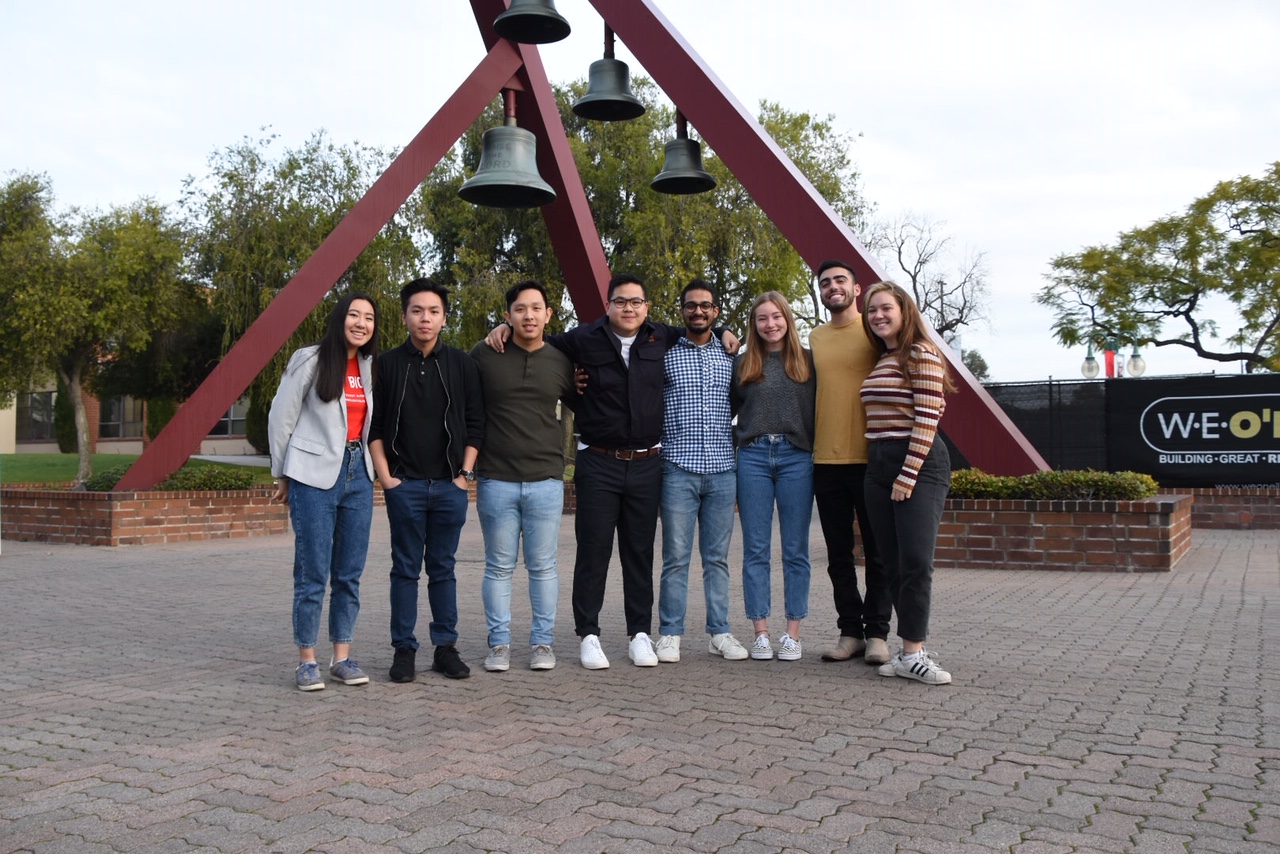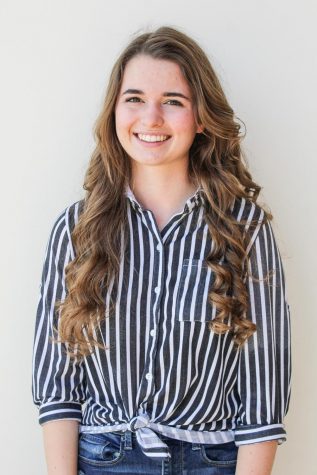From the time he began selling milk tea out of his dorm, senior business administration major Brendan Sun has watched his business grow in ways he never thought possible. When Sun heard the announcement that his enterprise Boba for Missions took first place in Biola’s Startup Competition, he said he jumped out of his chair and ran around his room.
“It’s just not something I would ever think of accomplishing,” Sun said. “It was crazy to hear ‘Boba for Missions’ and see ‘Boba for Missions’ pop up on the screen… I’ve never won first place in anything before.”
THE WINNERS
Jordan Terranova, operations manager for Biola’s Office of Innovation, announced the results on Thursday at 11 a.m. over a Google Hangouts call.
As the winners of the competition, Boba for Missions will receive a cash prize of $8,000 and $10,000 of legal advice from Holland and Knight LLP. Bahf Beauty and Zero Zero Studio tied for second place, and each will receive a cash prize of $6,000 and a legal consultation with Holland and Knight LLP.
Sophomore business administration major Sarah Hartono, co-founder and chief marketing officer for Boba for Missions, said she was in shock when she heard the announcement.
“I kind of had just been prepping myself this entire week like ‘Oh we didn’t win, there’s no way we won’—literally our competitors had such great ideas,” Hartono said. “I’ve been contacted by all the people that already supported Boba for Missions before we even entered the competition, so I was right away thankful to them and thankful to God because He gave us the brain, but mostly just shock. I just don’t believe it.”
Sun said he hopes to continue Boba for Missions on Biola’s campus through his other team members after he graduates. He is also looking into growing Boba for Missions into a catering company.
“There’s no way I could have done this by myself,” Sun said. “I’m so thankful for all the people the Lord put in my life to make this moment real.”
THE BEGINNING
Boba for Missions is an on-campus fundraiser for student mission trips. Their team gives their time and energy to making boba drinks to raise money for mission teams, keeping none of the profits.
“Essentially Boba for Missions is a high quality, relationship-focused boba cafe,” Hartono explained.
Sun said he began the business during his junior year while he was leading a trip for the Student Missionary Union. He did not want to rely on receiving donations to fund his trip, so he decided to begin selling milk tea out of his dorm room. Sun started receiving positive feedback and requests for boba, so over winter break he watched YouTube videos and tutorials and learned how to make it. He used Instagram to announce the times he was selling boba, but doubted it would go anywhere.
“I’ve never done any entrepreneurial things before, so it was my first time doing something as big as this,” he said.
However, the business gained momentum and he used all of the proceeds to fund other SMU trips. Sun said he has never taken any of the profits for himself.
“The true test for myself is, if I can do this without being paid, it shows that I really love this and I stand behind it,” he explained.
The following year, he formed a team to help run Boba for Missions, which allowed them to serve six mission teams by giving them each a night to fundraise. Hartono was one of those team members. She said they first started discussing the idea of joining the startup competition at dinner after a power outage in the spring of 2019.
“I was like, ‘I think there’s really potential to make it bigger,’ so we’re talking about branding, we’re talking about who are we really serving,” she reflected. “But the competition was about bringing something that was just at Biola to the world, and how do we scale that, how do we grow that, how do we keep that sustainable and build a business model that really brings it back to our culture today.”
THE COMPETITION
Sun said he had heard about the competition before, but had not considered ever entering it until his mentors encouraged him to do it. He also did not want to enter unless he knew he had a good team with him. Within a week, he found six people who were willing to join him.
“It was crazy how the Lord orchestrated everything and how he put the whole thing together,” Sun said.
Hartono said the competition involves a concept paper, business plan and a final pitch and business presentation to a panel of judges. The hardest part was staying motivated through the entire process, which began in November.
“It sounds really cheesy, but it was really long. There are just so many different problems that you have to think through and problem solve through,” she said. “Having the perseverance to continually think like, ‘How am I serving the people I want to serve?’ and ‘How is this business I am creating really solving that problem?’”
Another difficulty was navigating the challenges brought up by the coronavirus. The team was creating their pitch when Biola asked all students to leave campus.
“When all the coronavirus stuff happened I was furious,” Sun said. “I was like ‘Oh my gosh, what is this?’”
He and Hartono collaborated remotely, spending one to two hours a day for two weeks on the pitch. They said this strategy was better for staying focused and that having more free time at home actually worked to their advantage.
“I think that’s what entrepreneurship is about,” Hartono said. “Adaptability and continuing to move forward despite challenges.”












